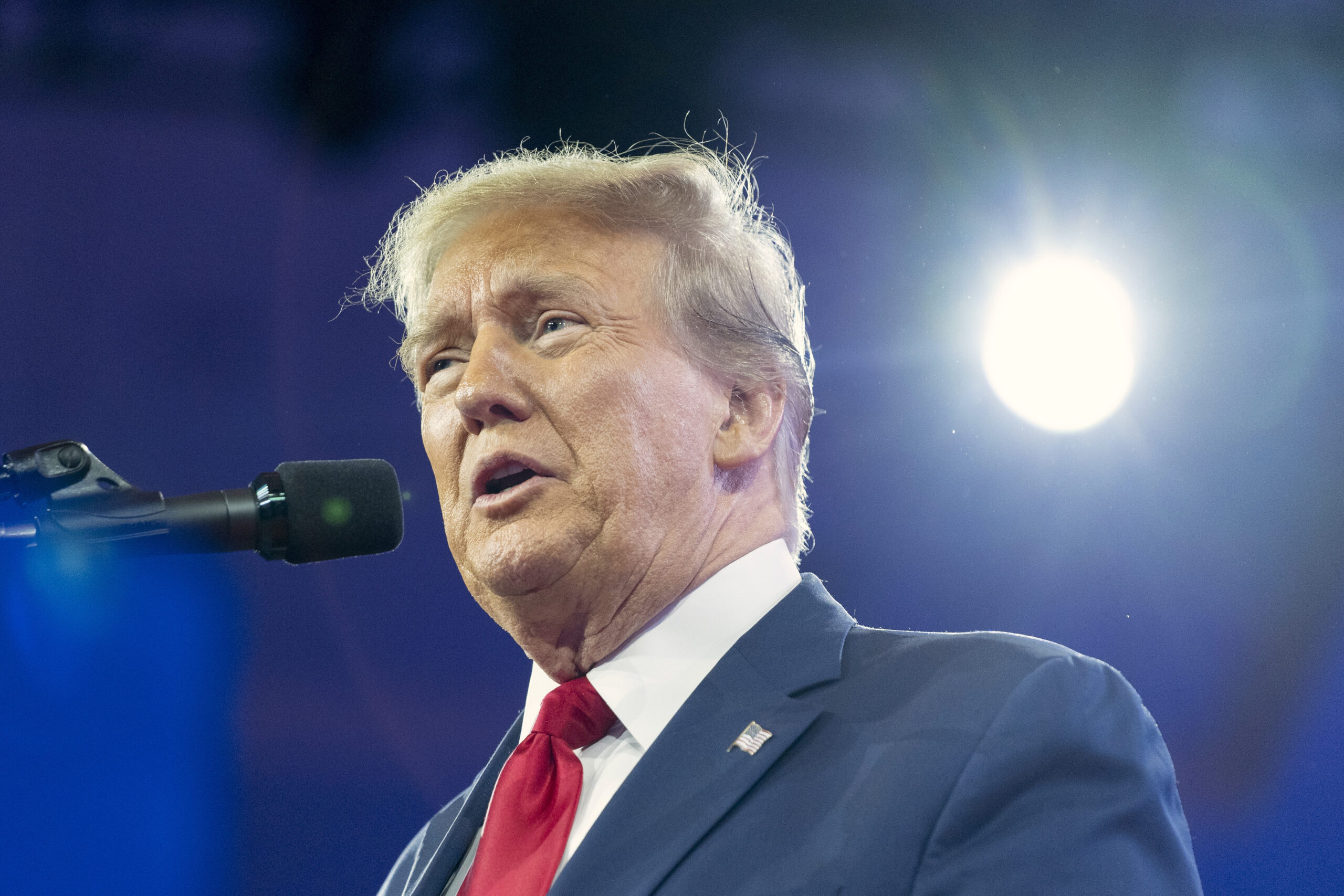

A pile of pending decisions in the classified documents case against former President Donald Trump in Florida is set to have an enormous impact on the future of the case and whether a trial featuring the presumptive Republican presidential nominee will occur during critical months of an election year.
Trump and special counsel Jack Smith, who has charged the former president with willfully retaining national defense information, are awaiting a decision by Judge Aileen Cannon on several pivotal matters, including a trial start date and whether the charges against Trump should be dropped altogether.
Cannon has not at this stage answered perhaps the most burning question, which is when the trial might begin, and she has given no indication of when her decision could come.
Prosecutors have asked for a July 8 start date, whereas Trump’s attorneys have said they prefer the trial not begin until after the 2024 election. At a hearing last month, the defense attorneys said that as a second option, an August trial would be workable for them. Last week, in the latest reminder that Trump’s case in Florida and three other criminal cases elsewhere require a carefully woven legal schedule, his attorneys also informed Cannon that Trump would be almost entirely unavailable from April 15 through the end of May because of the revised trial schedule for his hush money case in New York.
Whether Trump sees a trial at all in Florida is another looming question.
Trump has asked Cannon to dismiss the 40 charges he is facing on numerous grounds. While Cannon has ruled on one of Trump’s motions to dismiss by denying it, he has filed four other separate arguments for dismissal that remain pending.
Cannon’s decisions on these motions, regardless of what they are, will likely result in an appeal. If she agrees to dismiss some or any of the charges Trump is facing, Smith might want to appeal her decision despite the inevitable delays that an appeal would create. If Cannon denies Trump’s dismissal requests, the former president would be incentivized to appeal her decision, not just to fight further for his arguments for case dismissal but also to delay the trial schedule further while he is in the throes of his presidential campaign.
Aside from the possibility of charges being dropped, Trump would take the reins of the Department of Justice if he won the election in November. Legal experts have theorized that he could, at that point, also attempt to pardon himself in the federal cases in Florida and Washington, D.C.
The trial in Florida was originally scheduled to begin next month. However, at the end of last year, Cannon cited an “unusually high” amount of discovery in the case, including more than a million pages of classified material and surveillance footage spanning months, that she said necessitated pushing back key deadlines and reevaluating the trial schedule.
In addition to the exorbitant amount of discovery, Cannon’s forthcoming decisions involve analyzing rare and complex arguments related to the Espionage Act, under which Smith has indicted Trump, and she has, according to a recent report, also experienced a shortage of law clerks.
Still, some have blamed Cannon, a Trump appointee, for causing a backlog of unresolved questions in the case, including national defense attorney Bradley Moss.
“Judge Cannon is taking a rather unusual amount of time to resolve motions pending before her, even for an Espionage Act case. This has caused her docket to be littered with a host of briefed [out] legal issues awaiting judgment, and a trial date in flux,” Moss told the Washington Examiner.
Smith, in particular, is also awaiting a decision from Cannon on whether she will unseal the names of at least two dozen witnesses in the case and substantive information about their involvement in it. Trump has argued the names and details should be unsealed because the information would reveal to the public details that are favorable to Trump’s defense.
“The Special Counsel’s Office has repeatedly demonstrated that they believe themselves to be entitled to disclose selective details of this case to try to support President Biden’s campaign efforts, while relegating to [sensitive compartmented information facilities], ex parte proceedings, and sealed filings the defense arguments that reveal unconstitutional, illegal, and unethical behavior by participants in the investigation and prosecution,” Trump’s attorneys wrote in a filing.
Smith has pleaded with Cannon to keep the information sealed, arguing the witnesses could face threats if their identities were revealed.
In addition to pending decisions, there are several filings piling up that are not available to the public, according to an analysis by Lawfare. Some may be sealed because of Cannon’s pending decision about the witness identities.
While Cannon has been relatively quiet as speculation about the pace of the case percolates, she did issue one order last month that was tailored narrowly to the classified documents case. In it, she asked Smith and Trump to provide thoughts on two competing interpretations of the Presidential Records Act, each of which Cannon could use down the road to instruct jurors in the case.
CLICK HERE TO READ MORE FROM THE WASHINGTON EXAMINER
The lone order raised eyebrows for some because the two different scenarios signaled for the first time that Cannon was open to Trump’s oft-repeated argument that the documents he retained were “personal,” that is, that he was authorized to keep them under the Presidential Records Act.
Smith has argued that the Presidential Records Act is not applicable to his indictment of Trump because the documents in question contained national defense secrets that could under no circumstance be deemed “personal.”






